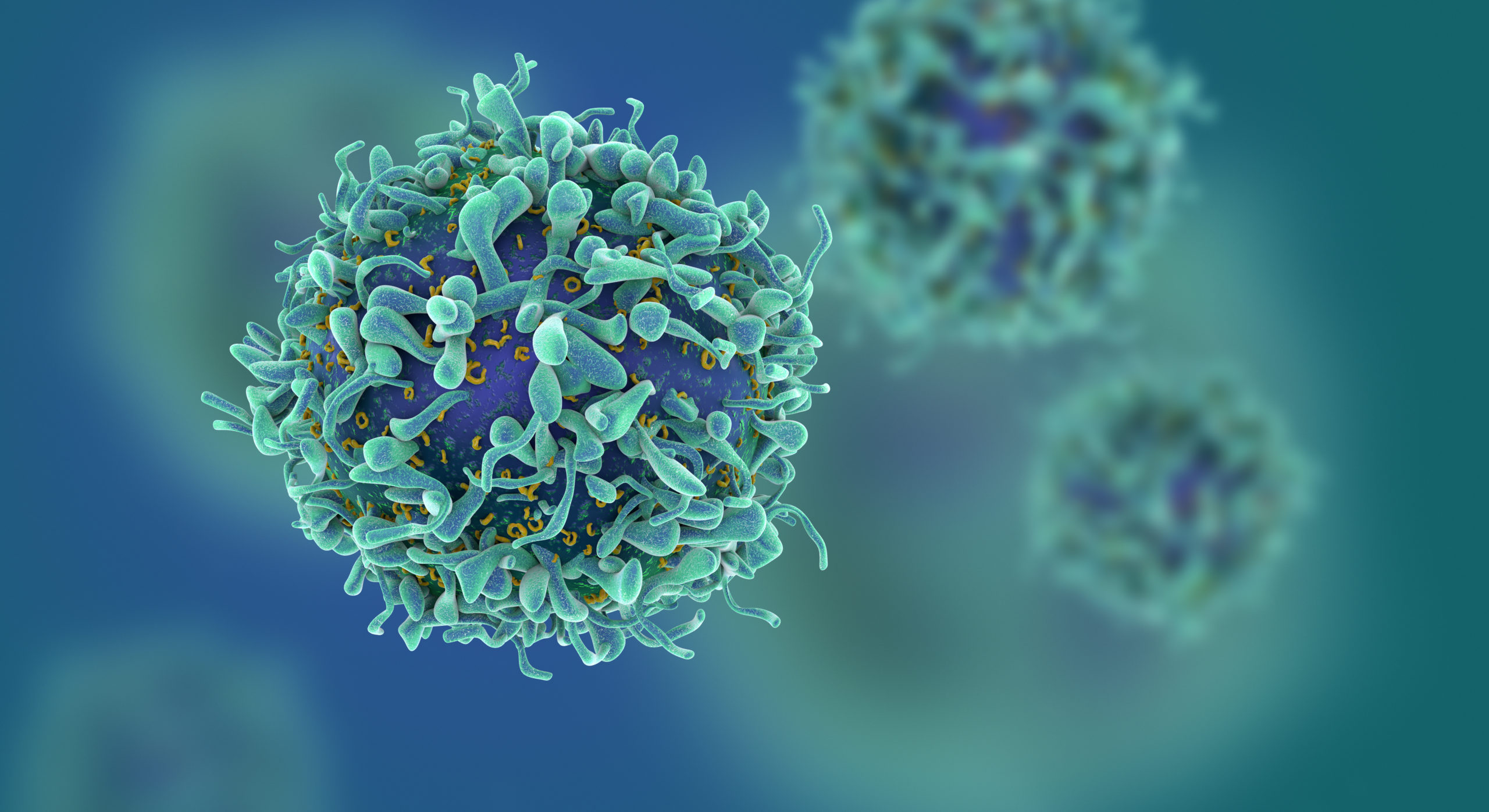Tag: Research
-

Fathers’ Presence During Childhood Predicts Adult Testosterone Levels
The presence and involvement of fathers with their sons during childhood predicted the profile of adult testosterone levels, according to a recent study.
-

Epigenetic Biomarkers Predict CVD Risk
A new study provides evidence that blood epigenetic biomarkers contain “snapshots” of past cardiovascular health exposures and behavior at the molecular level.
-

Hospitals Bound to Patient Safety Rules that Aren’t all Backed by Evidence
A new Northwestern Medicine study found of the new rules issued during a one-year period by the The Joint Commission, many did not appear to be supported by published evidence.
-

Identifying Protein Interactions that Promote Cancer Growth
Proteins gain new interactions that are potentially oncogenic and could drive cancer development and growth, according to a recent study.
-

Calcium Channel Blockers May Improve Chemotherapy Response
Calcium channel blockers may improve treatment for patients with pancreatic cancer receiving chemotherapy, according to a recent study.
-

Expanded Role for Calcium Channels in T-Cells
A subunit of voltage-gated calcium channels was found to have a functional role in T-cells, according to a study published in Nature Communications.
-

Deep-learning Empowers Discovery of New Genetic Mutation in Cancer
A deep learning model has discovered genetic variations in cancer that are undetectable in traditional genome sequencing.
-

Exploring Ketamine’s Antidepressant Mechanisms
A new Northwestern Medicine study has identified how ketamine works so quickly, and how it might be adapted without side effects.
-

Exploring New Roles for Non-coding RNA
Recent studies have pointed to an expanded role for non-coding RNA, according to a Northwestern Medicine review.
-

Study Reveals Genetic Differences Among Fetal Monocytes
Investigators have discovered striking genetic differences in subsets of fetal immune cells, providing insight into morbidity related to premature birth.





